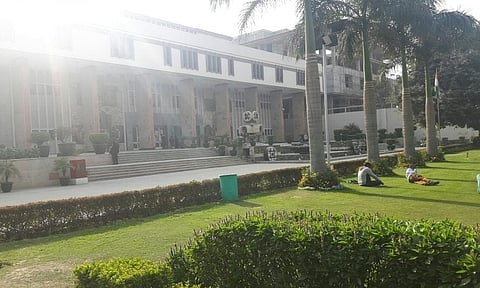
- News
- Columns
- Interviews
- Law Firms
- Apprentice Lawyer
- Legal Jobs
- हिंदी
- ಕನ್ನಡ

The Delhi High Court today commuted the death sentence of Ravi Kapoor and Amit Shukla, who were convicted for the murder of 28-year-old woman Jigisha Ghose, to life imprisonment.